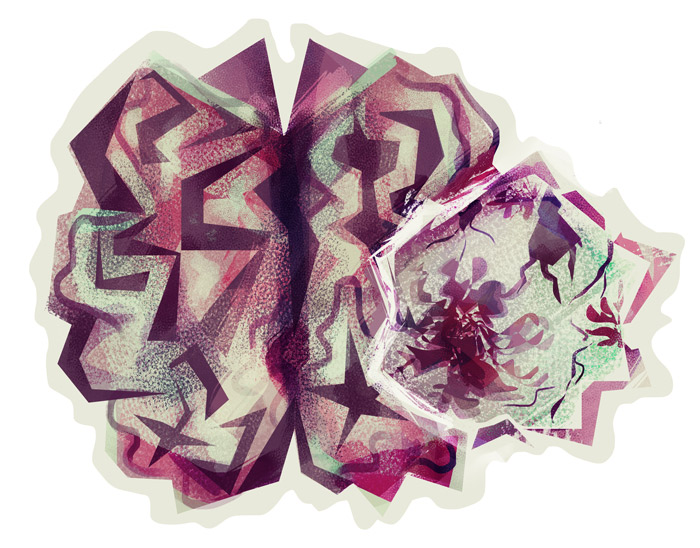Content warning: Mentions of self-harm and suicide.
People are uncomfortable talking about sadness. Discussions of tragic events are often met sympathetically, with ‘I’m sorry,’ if not ignored. Perhaps out of knee-jerk politeness, people are reluctant to exercise empathy. We would much rather turn our backs on the pain of others, or watch from afar and be thankful for our own conditions. Public obsession with celebrity divorces and breakups stems from this reluctance to engage with people in our own lives, and even represents a tendency towards finding entertainment in others struggles. Negativity, including talking about personal struggles or one’s own mental health, comes with the price of social isolation.
Mental health is a topic that people are uncomfortable to talk about; if mental health is talked about, the discussion is centred around the most common mental illnesses: Depression and anxiety disorders. Personality disorders, schizophrenia, and obsessive compulsive disorder, to name a few, go widely undiscussed. Public reluctance to discuss painful topics encourages individuals conceal their struggles and emotional pain.
The unwillingness to address the darker side of personal struggles is exemplified in social media culture, as mental health is treated as another platform for shallow and ineffectual virtue signalling. Awareness campaigns are co-opted by hashtag activism—lists of hotlines mixed with soccer mom-like platitudes posted to garner retweets. Much is owed to these campaigns, including promising starts to destigmatization, but addressing mental health requires more than just a tweet. Hotlines and mental health organizations are impartial resources, but they require people to have the courage to reach out to get help in the first place. Seeking help requires addressing topics that continue to be ostracized in public discussion, all while confronting the real threat of involuntary loss of agency through hospitalization. One day per year, even one month per year, devoted to mental health is not enough.
Moreover, large corporations’ attempts to address mental health are tone-deaf at best. On Twitter, people can now report tweets talking about self-harm or suicide to Twitter’s “safety” partner program. This results in an email to the user containing a (notably devoid of Canadian or international resources) list of crisis hotlines. Implementing a reporting system for mental health treats the issue with the same level of scrutiny as punishable actions or crimes. Furthermore, it represents the general public’s aversion to confronting mental health issues as health issues instead of punishable offences: Platforms such as Instagram and Facebook have adopted policies to ban users or hide content that relates to self-harm or suicide altogether.
There is a balance to be struck between recognizing that mental illnesses require professional help and realizing that we all have a part to play in helping others. Destigmatization requires confronting the uncomfortable and looking out for those around you. The burden cannot fall on the mentally-ill to reach out when the path to reaching out is littered with hurdles, when the words “get help” are used interchangeably with negative and positive intentions. Mental illness continues to be used in everyday ableist vernacular as a way to silence individuals, whether it be through describing your annoying neighbour as ‘psychotic’ or attempting to diagnose Donald Trump and describe his actions as a result of poor mental health.
We need to become comfortable with asking if others are okay. Only a few words are needed to check up on others and give them the opportunity to open up and, to show that you care. Placing bans on content and hiding mental illness from our private lives will not get rid of its existence. Facebook and Instagram had good intentions in drafting their policies, recognizing the need for those in distress to express themselves, but it is individuals and communities that must learn to listen to the mentally ill, not large corporations with hashtags and hotlines.









